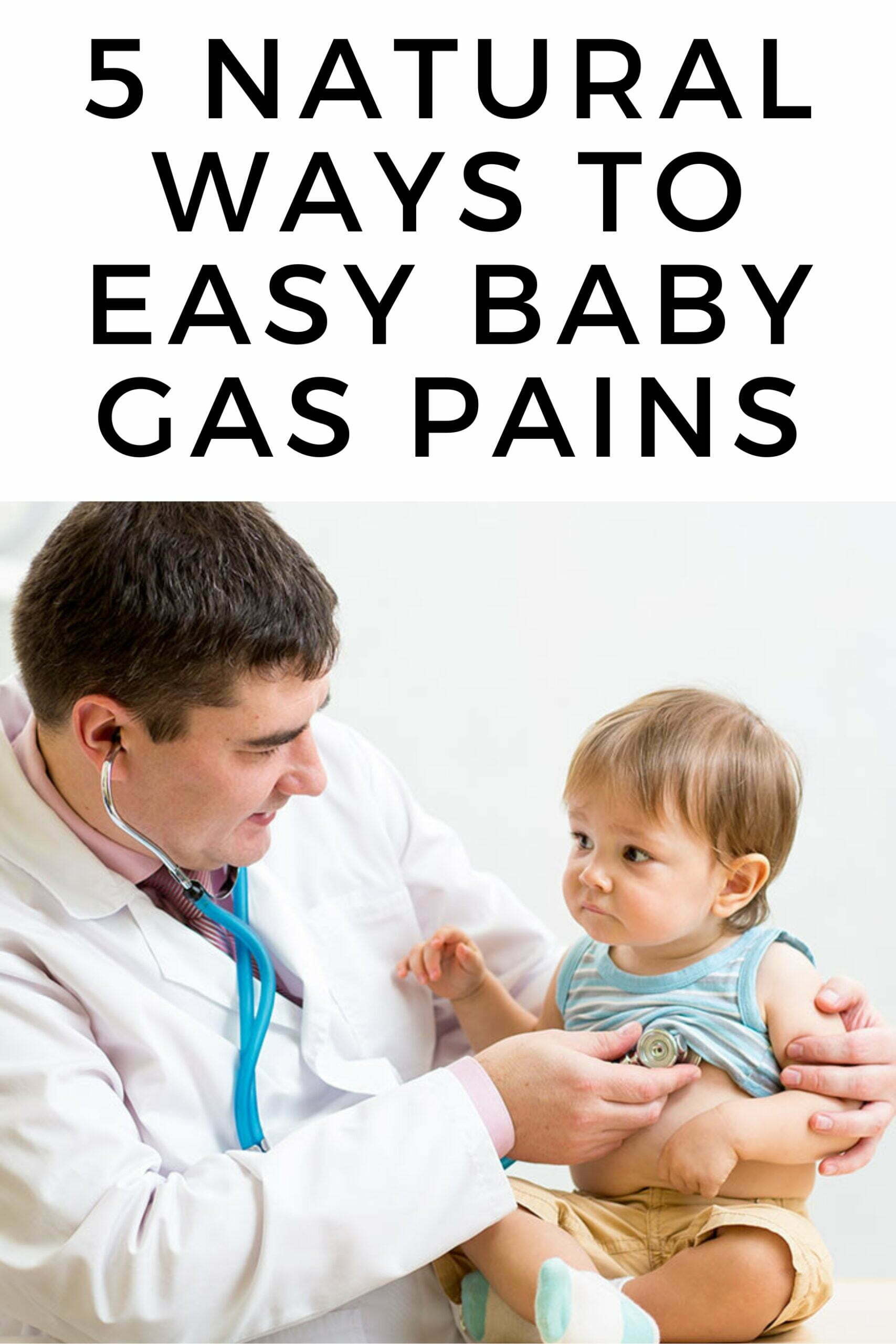Discover the top 5 natural ways to ease baby gas pains. This comprehensive guide provides expert advice and practical tips for parents seeking relief for their little ones.
As a parent, nothing is more distressing than seeing your precious baby in discomfort due to gas pains. But fret not! In this article, we will explore five natural ways to help your baby find relief from those pesky gas pains. Our tips are tried, tested, and parent-approved. So, let’s dive in and make your baby’s life more comfortable.
Understanding Baby Gas Pains
Before we get into the remedies, let’s understand why gas pains happen in babies. It’s essential to comprehend the root cause to tackle the issue effectively.
Babies’ digestive systems are still developing, making them more prone to gas. Their immature digestive tract can lead to trapped gas, causing discomfort and fussiness. Now, let’s explore some practical solutions.
The Five Natural Ways
1. Burping Techniques

Babies often swallow air during feedings, whether through breastfeeding or bottle-feeding. This swallowed air can become trapped in their tiny tummies, causing discomfort. Burping is a simple yet effective way to release this trapped gas. After each feeding, gently pat or rub your baby’s back to encourage burping. You’ll hear or feel a small burp, which signifies the release of the trapped air. This practice can significantly reduce gas-related discomfort.
2. Tummy Time

Tummy time is not only essential for a baby’s physical development but also for relieving gas. Placing your baby on their belly while they are awake and supervised helps them strengthen their neck and shoulder muscles. It also aids in the natural movement of gas through their digestive system. This position allows gas to escape more easily, preventing it from becoming trapped and causing discomfort.
3. Infant Massage

Massaging your baby’s tummy can be a soothing and comforting experience for both you and your little one. Use gentle, circular motions on their abdomen to stimulate bowel movement and aid in the passage of gas. Be sure to use a baby-safe oil for the massage. Pay attention to your baby’s cues; if they seem uncomfortable or resist, stop the massage. This technique can provide relief and help your baby relax.
4. Proper Feeding Techniques

Breastfeeding and bottle-feeding techniques play a crucial role in preventing gas. If you’re breastfeeding, ensure that your baby latches correctly to minimize the ingestion of air. If you’re using a bottle, opt for anti-colic bottles that are designed to reduce air intake. Feeding your baby in an upright position can also help minimize the intake of air during feedings. Proper feeding techniques can proactively reduce the likelihood of gas pains.
5. Gas-Relief Exercises

Certain exercises can help alleviate gas discomfort in babies. The “bicycle” motion is a popular technique where you move your baby’s legs in a cycling motion. This movement can help stimulate the movement of gas through their intestines. Additionally, gently pressing your baby’s knees toward their chest can also aid in the release of trapped gas. These exercises are simple to perform and can provide quick relief for your baby.
Final Words
In conclusion, dealing with baby gas pains can be challenging, but with these natural remedies and a little patience, you can provide relief to your little one. Remember to consult your pediatrician if you have concerns about your baby’s gas pains. By following these tips, you’ll be well on your way to a happier and more comfortable baby.
FAQs
Are gas pains in babies normal?
Yes, gas pains are common in babies due to their developing digestive systems.
Can I use over-the-counter remedies?
It’s best to avoid OTC remedies for infants unless recommended by a pediatrician.
How often should I burp my baby?
Aim to burp your baby after each feeding, and always when you switch breasts or bottles.
What if these remedies don’t work?
If your baby’s gas pains persist or worsen, consult your pediatrician to rule out any underlying issues.
Can certain foods in my diet cause gas in my breastfed baby?
Yes, some foods in your diet can contribute to gassiness in your baby. Experiment with eliminating potential culprits like dairy or cruciferous vegetables.
When will my baby’s gas pains improve?
Most babies outgrow gas pains as their digestive systems mature, usually by the time they are three to six months old.
